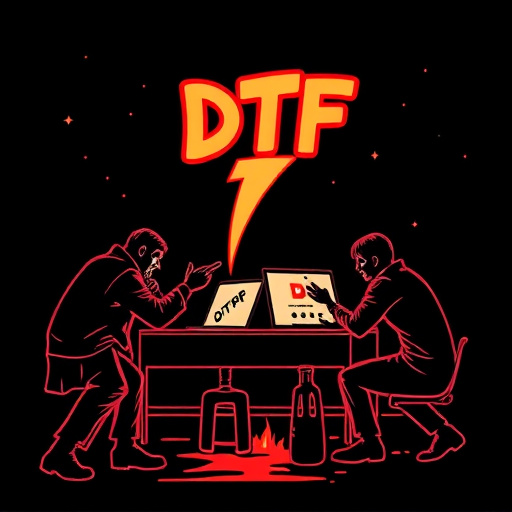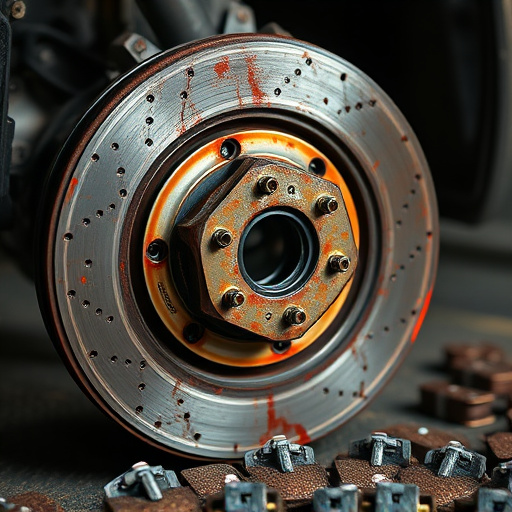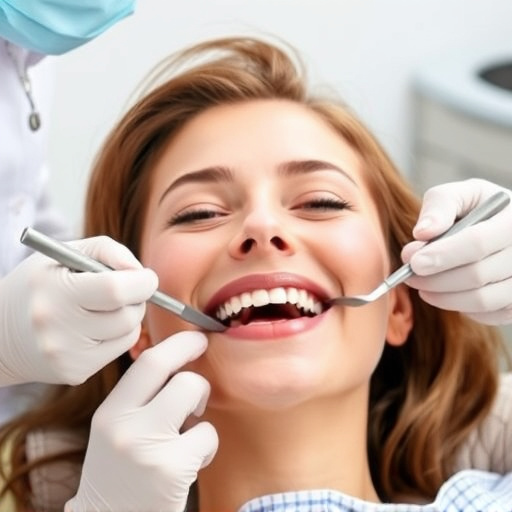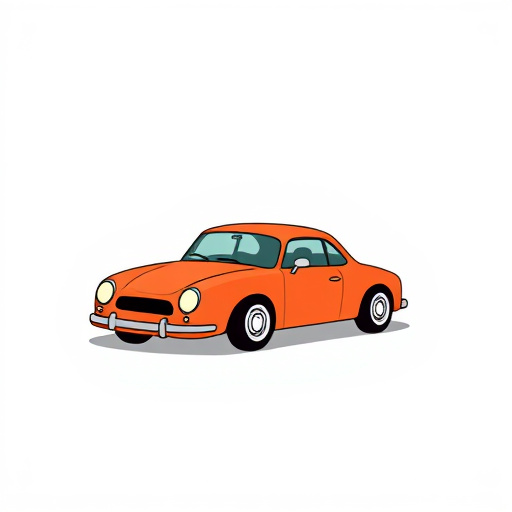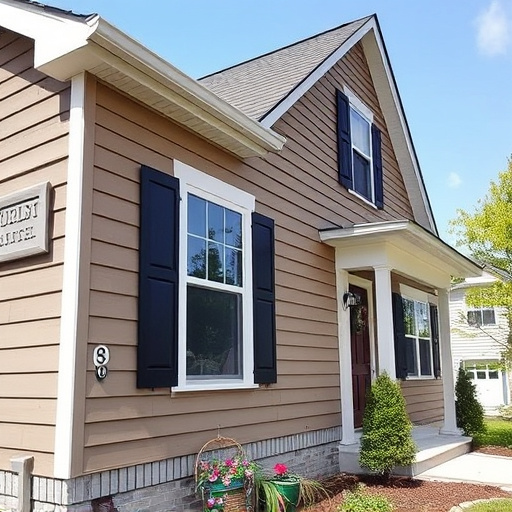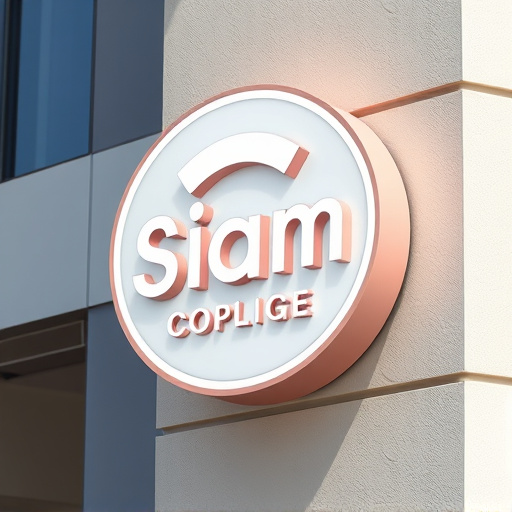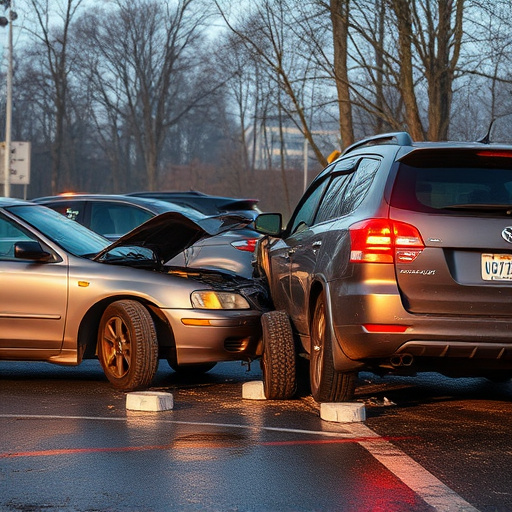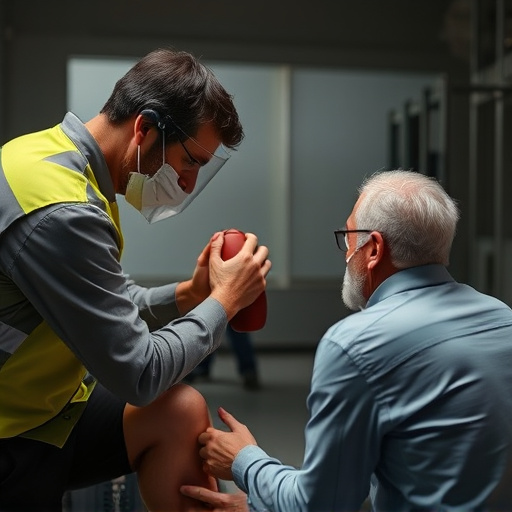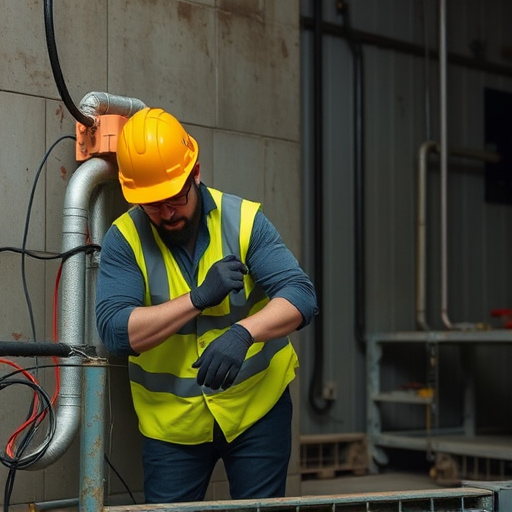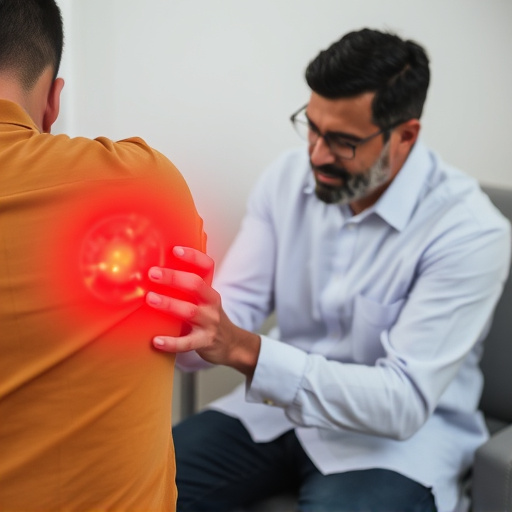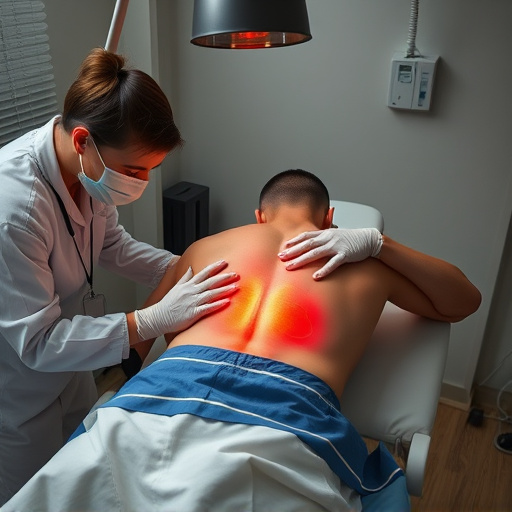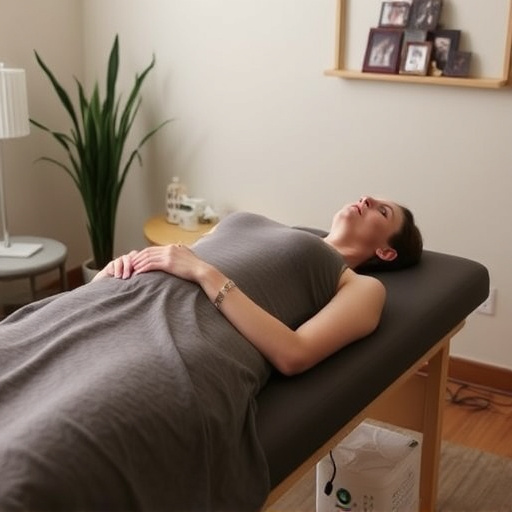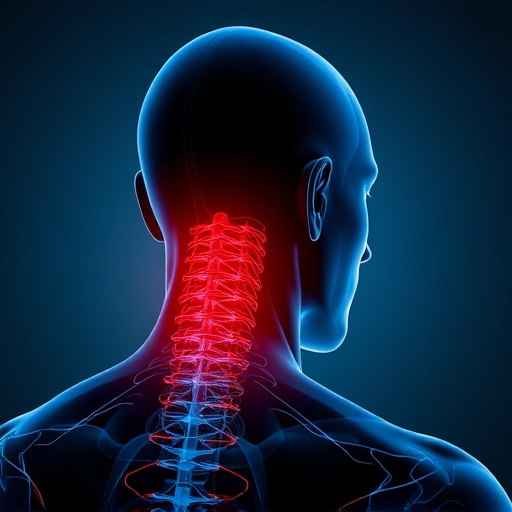Motor vehicle accident care involves a holistic approach combining physical and mental healing strategies. Massage therapy is a key component, addressing pain, stiffness, and stress to aid recovery. Different massage modalities cater to diverse needs, promoting relaxation, improved circulation, and reduced inflammation for optimal rehabilitation success.
In the aftermath of a motor vehicle accident, comprehensive care is essential for physical and emotional healing. This article explores how massage therapy emerges as a valuable asset in motor vehicle accident care, offering a holistic approach to recovery. We delve into the challenges faced by victims and examine the benefits and techniques of massage therapy tailored for post-accident healing. Understanding these aspects can provide insights into effective rehabilitation strategies.
- Understanding Motor Vehicle Accident Care and Its Challenges
- Massage Therapy: A Holistic Approach to Recovery
- Benefits and Techniques for Post-Accident Healing
Understanding Motor Vehicle Accident Care and Its Challenges
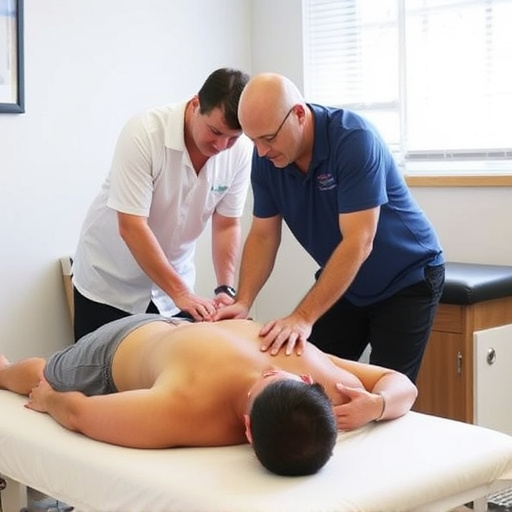
Motor vehicle accident care involves a multifaceted approach to address the physical, emotional, and psychological impacts of a collision. When individuals are involved in accidents, they often experience a range of injuries, from minor bruises and whiplash to more severe fractures and traumatic brain injuries. The challenges lie in managing pain, reducing inflammation, and facilitating healing while also addressing the mental health implications, such as stress, anxiety, and depression, which can accompany such traumatic events.
The complexities of motor vehicle accident care demand comprehensive wellness care solutions. One aspect that has gained prominence is pinched nerve relief, as many victims suffer from neurological discomfort due to muscle spasms, ligament strains, or compressed nerves. Rehab services play a crucial role in this process, offering specialized treatments and exercises tailored to each patient’s unique recovery journey. By combining these approaches, healthcare professionals aim to optimize healing, enhance mobility, and support the overall well-being of individuals affected by vehicular accidents.
Massage Therapy: A Holistic Approach to Recovery
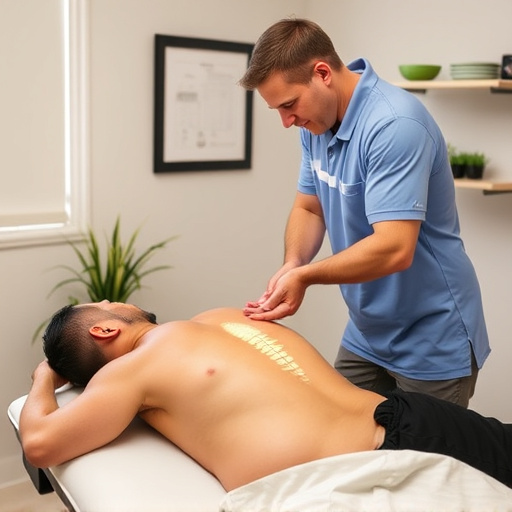
Massage therapy offers a holistic approach to motor vehicle accident care, addressing both physical and emotional aspects of recovery. After a car accident, individuals often experience a range of symptoms, including pain, stiffness, and mental stress. Massage therapists focus on these interconnected elements to facilitate healing. Through targeted techniques, they can provide much-needed relief from acute and chronic pain, especially in areas like the back, neck, and shoulders—common sites of injury during motor vehicle accidents.
This therapeutic method goes beyond just alleviating physical discomfort. It aims to promote relaxation, enhance circulation, and reduce muscle tension, all of which contribute to faster post-injury care and improved overall well-being. By incorporating massage therapy into the treatment plan, patients can experience better pain management and back pain relief, ultimately supporting their journey towards full recovery.
Benefits and Techniques for Post-Accident Healing
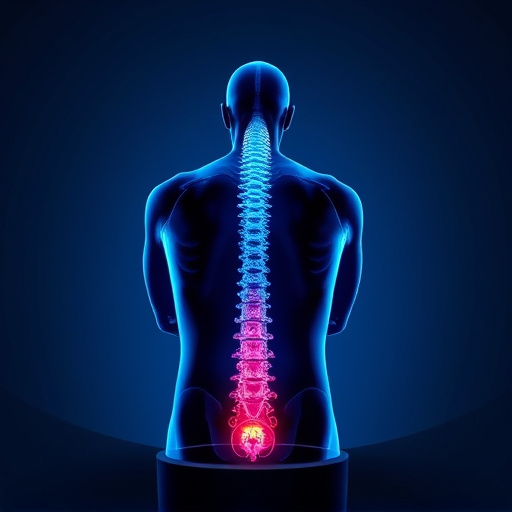
Massage therapy offers a multitude of benefits for individuals recovering from motor vehicle accidents. Beyond alleviating physical pain, it facilitates muscle recovery and promotes relaxation, crucial aspects of post-accident healing. The gentle, yet targeted techniques employed by massage therapists can help release tension in affected muscles, improve circulation to injured areas, and reduce inflammation, all contributing to a smoother transition during post accident rehabilitation.
Various massage therapy modalities, such as Swedish, deep tissue, and trigger point, are effective for addressing the unique needs of accident victims. Swedish massage, for instance, focuses on increasing blood flow and promoting overall relaxation while deeper techniques like deep tissue can target specific muscle knots and tension build-up associated with trauma. Integrating massage into a comprehensive post-accident rehabilitation plan alongside chiropractic care can significantly enhance recovery outcomes.
Massage therapy offers a promising holistic approach to enhancing recovery in motor vehicle accident care. By addressing muscular tensions, improving blood circulation, and promoting relaxation, massage can significantly aid in managing pain and reducing stress levels among victims of road accidents. The benefits outlined in this article highlight the potential for massage therapy to play a complementary role in the comprehensive treatment of motor vehicle accident patients, contributing to their overall well-being and faster recovery.
